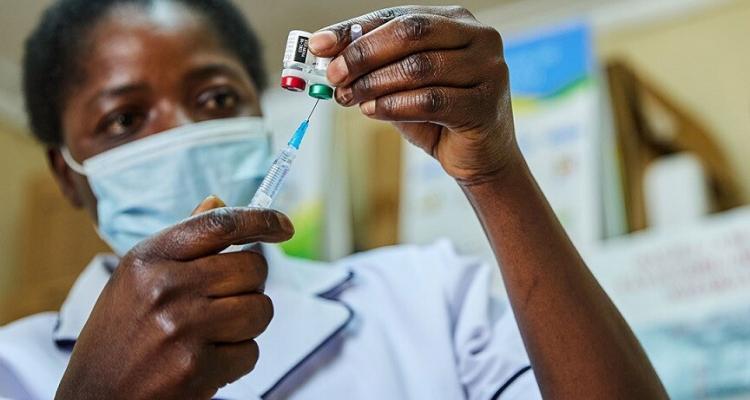
The Board of Gavi, the Vaccine Alliance, has approved an initial investment of US$155.7 million to support the malaria vaccine introduction, procurement and delivery for countries in Sub-Saharan Africa, including Malawi.
The introduction of the RTS,S malaria vaccine to currently recommended malaria control interventions could help drive down child mortality in Africa – a continent that bears the heaviest malaria burden.
Following the funding decision made on December 2, a series of critical next steps will need take place before the vaccine is rolled-out to Gavi-supported countries. This includes technical guidance on the use of the vaccine alongside other malaria interventions, procurement of the vaccine, and the opening of the funding window to allow applications from countries that receive support from Gavi.
“Today marks an important milestone in our fight against malaria,” said Dr Seth Berkley, CEO of Gavi, the Vaccine Alliance. “This decision by the Gavi Board to finance a new malaria vaccination programme for countries in sub-Saharan Africa could save tens of thousands of lives annually in Africa. The vaccine is an important additional tool to control malaria in Africa, alongside other interventions, such as routine use of insecticide-treated bed nets, indoor spraying with insecticides, malaria chemoprevention, and timely testing and treatment. We look forward to working with global malaria stakeholders to make sure that countries are able to implement this promising tool in the fight against malaria.”
The approval of the funding follows WHO’s recommendation for wider routine use of the RTS,S malaria vaccine on 6 October 2021.
African countries played a critical role in the positive recommendation, as it was based on data gathered trough the Malaria Vaccine Implementation Programme (MVIP) which took place in Kenya, Ghana and Malawi over a two-year period and a clinical trial around the seasonal delivery of the vaccine in Mali and Burkina Faso. The vaccine received a positive scientific opinion from the European Medicines Agency (EMA) under its article 58 for medicines for use outside of the EU in 2015.
Over two-thirds of the children in the pilot countries who were not using bednets were reached by the malaria vaccine, proving that child immunisation provides a powerful platform to reach vulnerable children, including those that are unreached with existing prevention interventions, and can help advance the equity agenda.
More than 260 000 African children under the age of five die from malaria annually, and six Gavi-eligible countries account for 50% of global mortality.
Meanwhile, PATH, a global non-profit dedicated to ending health inequity which also works in Malawi, has welcomed the decision saying the Sub-Saharan Region is now another step closer to having a vaccine widely available for use.
Dr. Nanthalile Mugala, Chief of Africa Region at PATH said: “This commitment will make it possible for low- and middle-income countries in the region that face the greatest malaria burden to consider adding the RTS,S vaccine to their immunization programs as an additional tool to combat malaria. The program could also support other malaria vaccines that become available in the future.”
Gavi, the Vaccine Alliance, is a public-private partnership that helps vaccinate half the world’s children against some of the world’s deadliest diseases.














